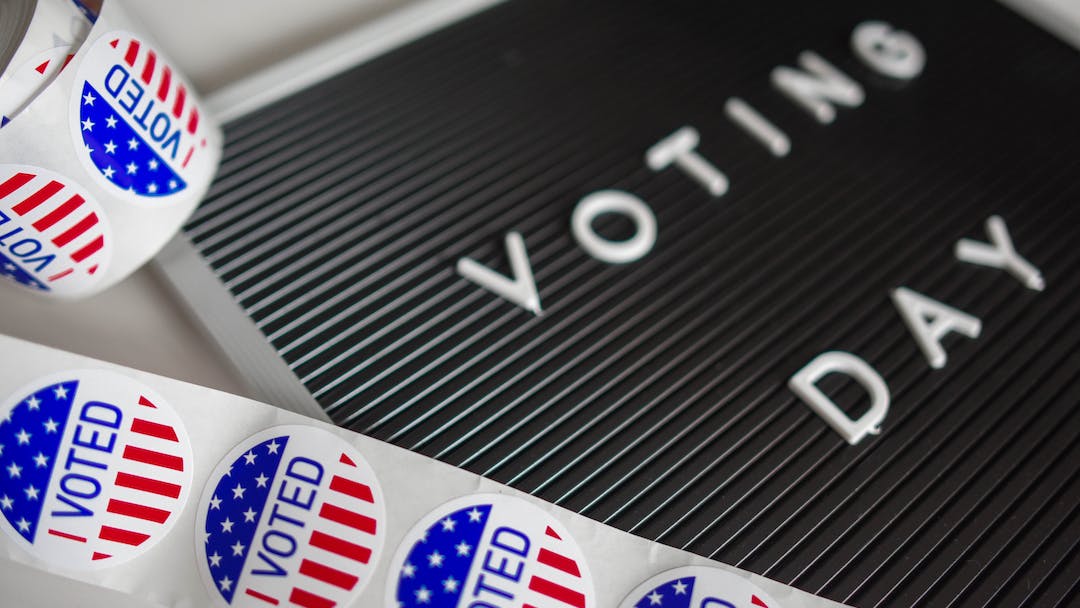Rule 501. Privilege; General Rule.
Privilege is governed by the common law, except as modified by statute or court
rule.
Have your rights been violated?
Have your driving priviledges been revoked?
Has your professional license been suspended?
Have you been charged with a crime?
Call our office to see if we can help
Komorn Law 248-357-2550
Understanding the Protection of Confidential Communications
Rule 501 of the Michigan Rules of Evidence (MRE) plays a crucial role in safeguarding confidential communications and upholding important relationships in legal proceedings. This article delves into the key aspects of Rule 501, drawing insights from the Michigan Rules of Evidence Handbook.
Main Principle: Common Law Governs Privilege Claims
The fundamental principle of Rule 501 states that claims of privilege in Michigan courts are primarily governed by the common law. This means that established legal precedents and principles, as interpreted by United States courts, serve as the primary source for determining whether information qualifies for protection under a privilege.
Exceptions to Common Law Rule
However, the rule recognizes three exceptions where common law may not be the sole authority for privilege:
- United States Constitution: Certain privileges, like the attorney-client privilege, find their foundation in the United States Constitution. These privileges take precedence over common law interpretations.
- Federal Statutes: Specific federal statutes, such as the Federal Rules of Evidence, may supersede common law rules of privilege in certain cases involving federal matters.
- Michigan Supreme Court Rules: The Michigan Supreme Court, through its rulemaking authority, can create or modify privilege rules that deviate from the common law.
Importance of Rule 501 in Practice
Rule 501 plays a critical role in ensuring fair and just legal proceedings by:
- Protecting sensitive communications: Privileges shield confidential information exchanged in certain relationships, like lawyer-client, doctor-patient, and priest-penitent, from disclosure in court. This fosters trust and encourages open communication in these vital relationships.
- Balancing competing interests: The rule balances the need for truth-finding in legal proceedings with the protection of legitimate interests, such as preserving confidentiality and encouraging free and open communication.
- Predictability and consistency: Relying on established common law principles for privilege provides predictability and consistency in legal proceedings across the state.
Further Resources for Understanding Rule 501
The Michigan Rules of Evidence Handbook offers in-depth analysis and commentary on Rule 501, including:
- Detailed explanations of the exceptions to the common law rule.
- Case studies and examples illustrating how courts apply Rule 501 in specific situations.
- References to relevant statutes, court rules, and legal scholarship for further research.
By understanding the principles and implications of Rule 501, legal professionals and individuals alike can navigate the complex world of privilege in Michigan courts with confidence.
Important:
This article provides a simplified overview of the Michigan Rules of Evidence for informational purposes only. It should not be interpreted as legal advice. When facing legal matters, always consult with a qualified attorney for professional guidance.
The Michigan Rules of Evidence are subject to change over time. Always consult the latest official version for accurate information.
Here is the link to the Michigan Rules of Evidence Handbook. Check the footer for the latest update.
Related Articles
No Results Found
The page you requested could not be found. Try refining your search, or use the navigation above to locate the post.
More Posts

When Being Questioned by the Police: Can They Lie to You?
When Being Questioned by the Police: Can They Lie to You? Introduction In the United States, police officers are generally allowed to lie to suspects during interrogations. This is a controversial practice, but it has been upheld by the Supreme Court. There are some...

Ohio Bill Introduced to Allow Each City to Ban Marijuana
With just over a week until Ohio’s voter-approved marijuana legalization law takes effect, a lawmaker has introduced a bill that would allow individual municipalities to locally ban the use and home cultivation of cannabis in their jurisdictions. The legislation aims...

Appeals Court – Detroit’s Asset Forfeiture Violates Due Process
A federal circuit judge writes that Detroit's vehicle seizure scheme "is simply a money-making venture—one most often used to extort money from those who can least afford it." A panel of federal appellate judges ruled that Detroit's practice of seizing people's cars...

NEWS RELEASE: USSC Adopts 2023 Amendments
WASHINGTON, D.C. ― Equipped with a quorum of Commissioners for the first time since 2018, the bipartisan United States Sentencing Commission voted today to promulgate amendments to the federal sentencing guidelines. “The Sentencing Commission is back in business,”...

Bad Ranking For Transparency in the Michigan Justice System
by Wes Smith, president, MPA Board of DirectorsPublisher View Newspaper Group When there was a change in leadership in Michigan’s legislature earlier this year, hope rose again in the hearts of citizens who want a more transparent state government. Maybe, it was...

Ohio voters say yes to legal recreational cannabis
Recreational marijuana has been legalized in Ohio as voters overwhelmingly approved State Issue 2 on Tuesday. This groundbreaking decision now enables adults in Ohio to legally experience the advantages of marijuana for recreational purposes. “Marijuana is no longer a...

Smell of Marijuana is Not Enough to Search Your Vehicle or is it?
The Smell of Marijuana and the Court of Appeals Body camera footage is an invaluable resource for courts facing suppression motions, but it rarely serves as a stand-alone source of information about a warrantless search or seizure. Here, the trial court was hamstrung...

Commission Votes For Retroactive Sentencing
U.S. SENTENCING COMMISSION VOTES TO ALLOW RETROACTIVE SENTENCE REDUCTIONS AND ANNOUNCES ITS NEXT SET OF POLICY PRIORITIESVote Authorizes Judges to Reduce Sentences for Eligible Incarcerated Persons Beginning February 1, 2024 Should Guidelines Become...

THC Detection in Blood: Challenges and Implications
THC Detection in Blood: Challenges and Implications When it comes to enforcing drugged driving laws, police and employers face a unique challenge with marijuana. Unlike alcohol, which is metabolized and eliminated relatively quickly, THC, the psychoactive compound in...

Feds New Sentencing Guidelines for Past Cannabis Convictions
The federal U.S. Sentencing Commission (USSC) has approved a revised amendment to sentencing guidelines, advising judges to adopt a more lenient approach towards prior marijuana possession offenses. Members of the commission voted to approve a range of amendments to...








